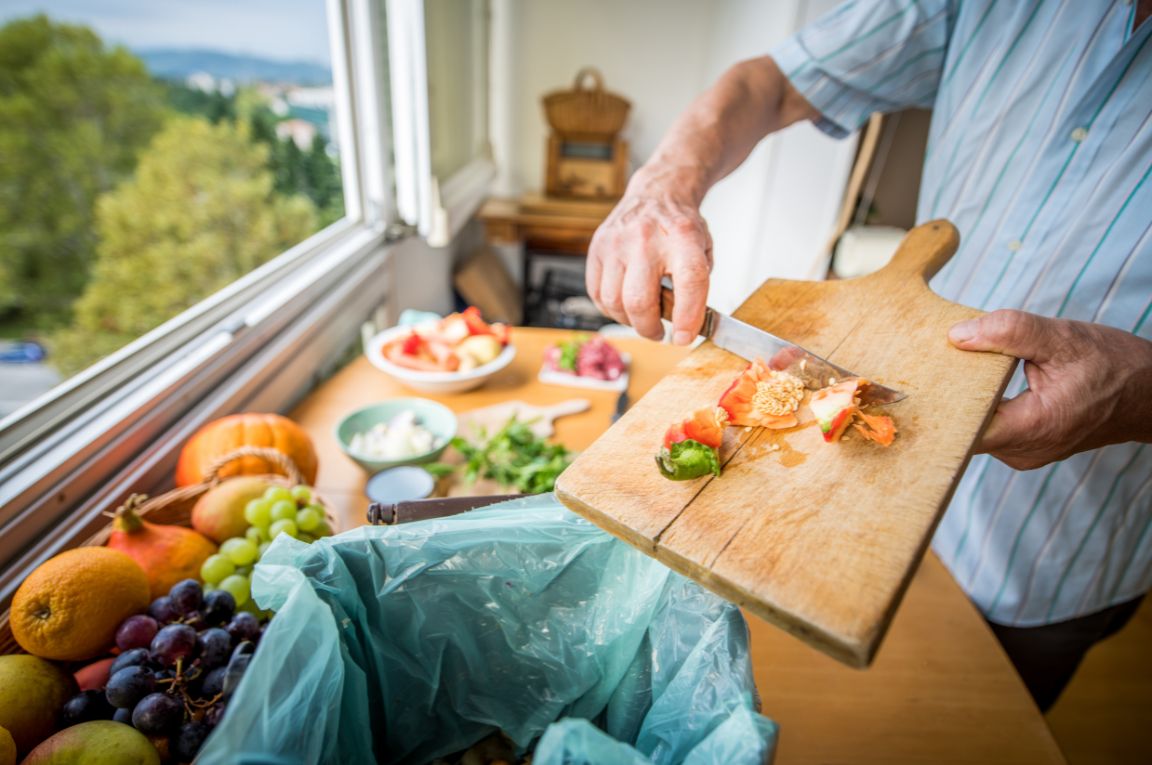Spain now has a specific law aimed at preventing food waste, becoming the country’s first national regulation to address the issue comprehensively. Its main objective is to promote the efficient use of food and reduce losses throughout the entire food supply chain, from agricultural production to the final consumer, whether in households, hospitality, or retail. The Ministry of Agriculture sees this law as a measure with strong ethical, social, and environmental dimensions, emphasising that “there is no food more expensive than the one that ends up in the trash.”
The new legislation requires all actors in the food chain to develop a loss prevention plan that includes an assessment of critical points where food waste occurs, along with strategies to reduce it. It also introduces a hierarchy of uses, prioritising human consumption—either through food transformation (such as turning ripe fruit into jams or juices) or donations to food banks and social organisations. Such donations must be formalised through written agreements to ensure legal security and traceability.
TDB keeps you informed. Follow us on: Facebook, Twitter and Instagram
Spain now has a specific law aimed at preventing food waste, becoming the country’s first national regulation to address the issue
Additionally, the law mandates that food service establishments (excluding all-you-can-eat buffets) provide customers with recyclable containers to take home leftover food. As a second option, surplus food may be used for animal feed or industrial by-products, and as a last resort, processed as waste for compost, biogas, or fuel production.
The Ministry will adopt a National Control Plan to coordinate with regional governments, which are responsible for monitoring compliance. The law also includes flexibilities for small businesses and agricultural operations: micro-enterprises and small retailers under 1,300 m² are exempt from obligations such as signing donation agreements or developing prevention plans.
In addition to regulations, the law encourages good practices to promote food reuse, such as the sale of products nearing their best-before dates or those with imperfect appearance, provided they meet EU food safety and quality standards.
The penalty system is designed more to raise awareness than to punish. Minor violations may result in warnings or fines up to €2,000. Serious breaches, like failing to implement a prevention plan, may lead to fines between €2,001 and €60,000, while very serious cases (including repeat offences) can incur fines of up to €500,000. The law allows for the correction of minor offences before sanctions are enforced, reinforcing its educational purpose.
